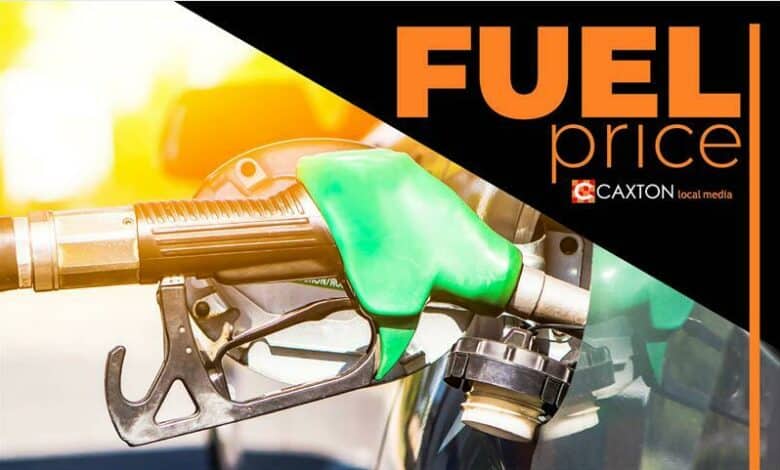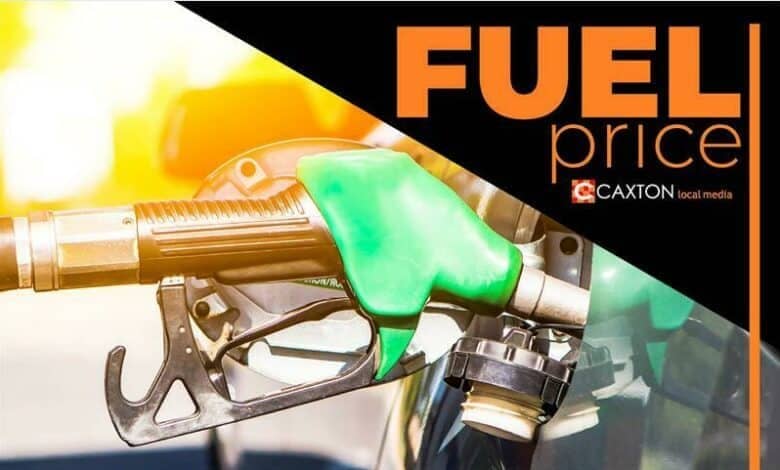The Automobile Association has criticised the government’s decision to hike the fuel levy from June, warning it will drive up living costs and hit lower-income households the hardest.

The Automobile Association (AA) has raised concerns following Finance Minister Enoch Godongwana’s announcement of an increase to the General Fuel Levy (GFL).
The increase of 16 cents per litre for petrol and 15 cents per litre for diesel – will take effect from June 4.
This is the first increase to the GFL in three years. According to the minister, it is the only new tax proposal for the 2025/26 financial year, citing inflationary pressures as the main reason.
The AA warned the increase would have far-reaching consequences for consumers and the broader economy.
“Fuel is a key input cost across all sectors. When fuel prices go up, transport and operational costs rise, which increases the price of goods and services,” the AA said in a statement.
ALSO CHECK: Tsakane and Langaville sting ops lead to arrest of suspects with illegal guns
The entity added the levy increase comes when South Africans already face high food prices, steep electricity tariffs, elevated interest rates and persistent unemployment.
Lower-income households, which spend the larger portion of their income on transport, are expected to be the hardest hit.
With the new increase, the combined GFL and Road Accident Fund (RAF) levy will exceed R6 per litre in some regions.
This will account for more than 30% of the pump price, even before adding the base fuel cost, distribution fees and retail markup.
The AA cautioned the repeated turning to fuel levies to cover budget shortfalls is not sustainable, particularly when there is limited transparency about how the money is spent.
ALSO CHECK: WATCH: Tragedy strikes as family of six perishes in shack fire, seven-year-old sole survivor
The association renewed its call for a full review of South Africa’s fuel pricing system. It is calling for:
• A forensic audit of revenue from the GFL and RAF levy
• Transparency on how the Department of Mineral Resources and Energy (DMRE) calculates fuel prices
• Public engagement with civil society, labour and the transport sector
• Consideration of alternative funding models that reduce the reliance on fuel levies
The AA said while the increase appears insignificant, it contributes to a growing financial burden on motorists, transportation-dependent businesses and industries.
It believes South Africa must start a broader conversation on how to fund roads, public transport and infrastructure without placing the burden solely on drivers.
“The AA is ready to work with government and stakeholders to find fair, transparent and sustainable solutions that benefit both the economy and the people who drive it,” the association said.
At Caxton, we employ humans to generate daily fresh news, not AI intervention. Happy reading!
Stay in the know. Download the Caxton Local News Network App here.



